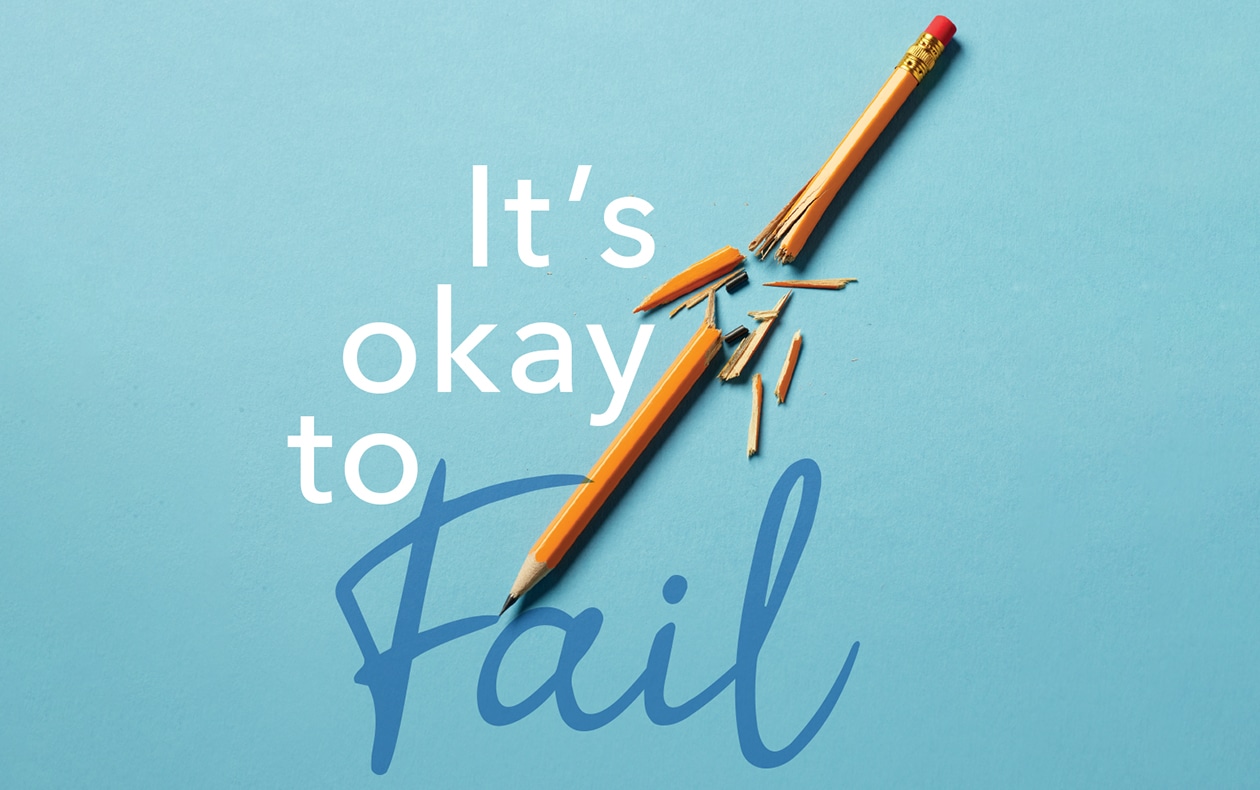Why it’s okay to fail

Failing matric may seem like the end of the road for a child, but you can help them turn a temporary detour into success
Disappointment, anger, worry, maybe even guilt or shame – parents go through a range of emotions when their child fails an important exam. In South Africa, almost 20% of Grade 12s didn’t get their matric pass when results were announced in January 2023. The real ‘no pass’ rate is higher, though, considering that 31.8% of all learners who started Grade 1 dropped out of school before they reached matric.
Basic Education Minister Angie Motshekga said that the class of 2022 had faced “astronomical challenges” such as severe load shedding and the Covid pandemic, but 580 555 managed to pass. For the ones who did not make it, or performed below their expectations, the academic success of others is difficult to process. They feel inadequate, humiliated and fear being stigmatised.
One Radio 702 listener described failing matric more than 20 years ago (and reliving the trauma every year when the results are announced): “I walked away thinking the whole world is going to come crashing down on me. You have that feeling of hopelessness, knowing that you’ve not only not passed matric, but you’ve also failed your teachers, you’ve failed your parents, you’ve failed your family, you’ve failed everything.”
And yet, it’s not the end of the world. Once you’ve picked yourself up after failure, there are options – from rewriting the exam to rethinking your tertiary education or taking a different career path. The 702 listener said he wanted to encourage all learners who failed to try again.
“The sun will shine for you tomorrow.” It’s important to understand that failing matric doesn’t mean your child or you are a failure as a person. But how do you pick yourselves up and use the failure as a stepping stone?
BE YOUR CHILD’S ANCHOR
Parents shouldn’t dwell on their own feelings when their child fails an exam. You may be disappointed or angry, but instead of criticising and blaming them, rather focus on being loving and supportive.
For example, you can set ‘competence anchors’ that boost confidence and address fear of failure. Remind your child of a past activity where they did well. When faced with a difficult task (such as rewriting an exam), recalling a past success – as a competence anchor – sends positive messages to the brain: “This may be hard, but I can do this. I’ve done well in something similar before.”
![]()
FIND OUT IF YOUR CHILD HAS THOUGHTS ABOUT THE WAY FORWARD… THIS WILL ALLOW THEM TO ‘OWN’ THE DECISION-MAKING
ASSESSING THE GAPS
Talk to your child about what went wrong in the exam. Don’t compare them to siblings or classmates. Honestly assess possible academic weaknesses and learning gaps. “Allow your child to talk about how they’re feeling about the exam outcome, without interrupting,” says Professor Nicolette Roman of the University of the Western Cape. “Find out if your child has thoughts about the way forward.
This will allow for gaining some perspective and give your child the chance to think things through.” Having such conversations could help them to ‘own’ the decision-making regarding their future, as well as boosting their confidence and competence.
MAKE A PLAN
Determine which option works best for your child. For example, they could apply for re-marking of their matric exam. They might be eligible to write the supplementary exam. They could repeat Grade 12 at their school or through distance learning, or redo one or more subjects privately.
They could consider doing courses for a career that don’t require a university exemption or matric. In the long run, overcoming exam failure will make your child stronger and equip them for future setbacks. Think of a failed exam as a delay or a temporary detour, not a dead end. As philosopher Confucious said, “Our greatest glory is not in never failing, but in rising every time we fail.”
WARNING SIGNS
It’s normal to feel disappointed and upset after failing an exam, but be vigilant if your child displays severe stress, anxiety or depression, or seeks comfort in alcohol and drugs. The SA Depression & Anxiety Group (SADAG) advises seeking immediate professional help for “odd behaviour, like sudden withdrawal from the family, sudden mood swings and drastic personality changes”.
Exam failure increases suicides: 9.5% of SA teen deaths are due to suicide, and teens from low-income homes are often more vulnerable due to pressure to pass matric and economically uplift their families. Call the free 24-hour Suicide Hotline on 0800 567 567 or SMS SADAG on 31393.
Related articles

Latest Jet club magazine
We’ve got the latest trends, exciting prizes and exclusive savings just for you!
Jet Club will not pass your details to anyone else. By clicking the subscribe button you confirm you have read and agree to the Jet Club Terms and conditions and Jet Club Privacy Statement.
Subscribe

